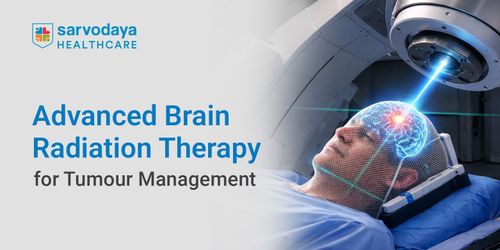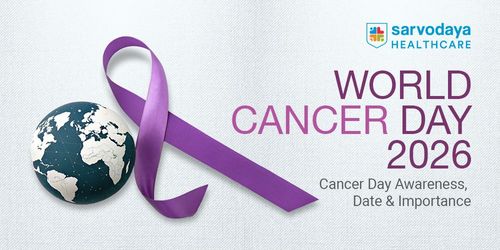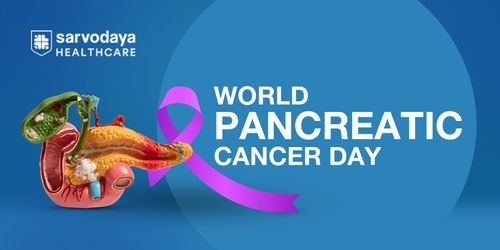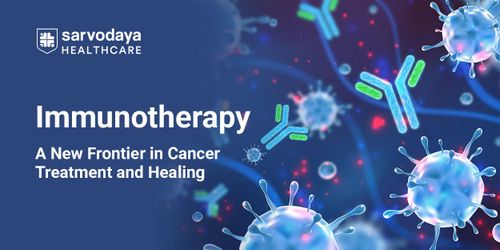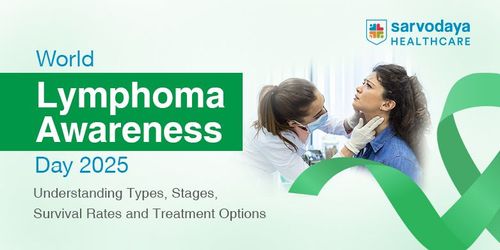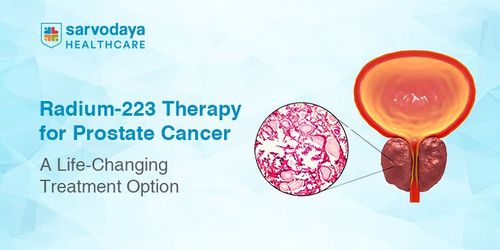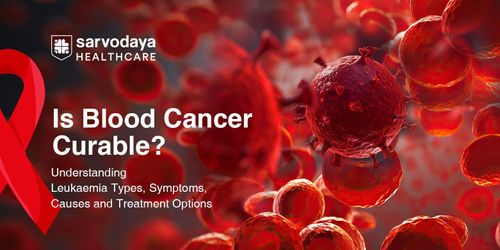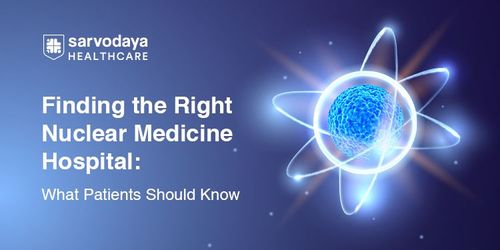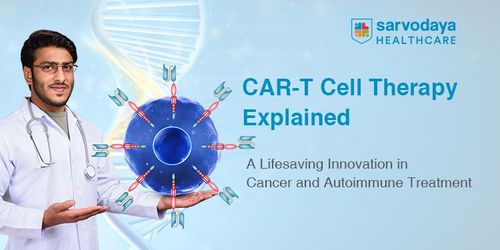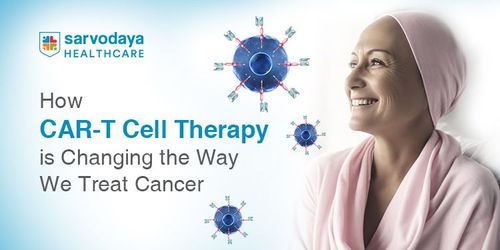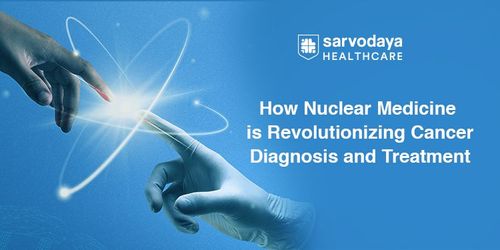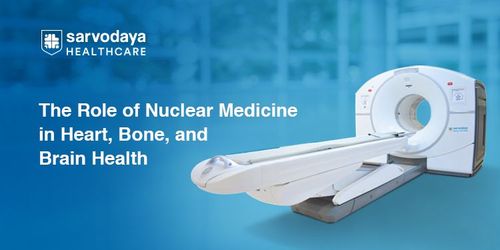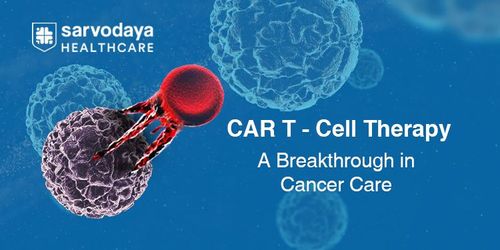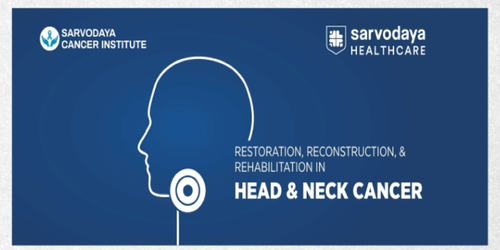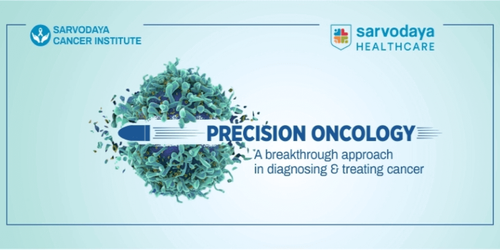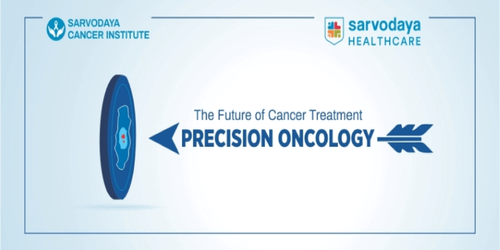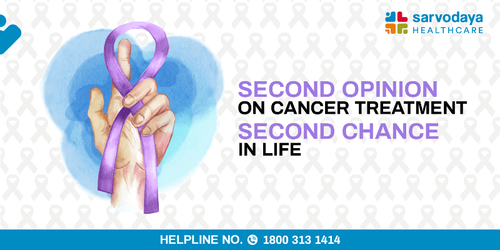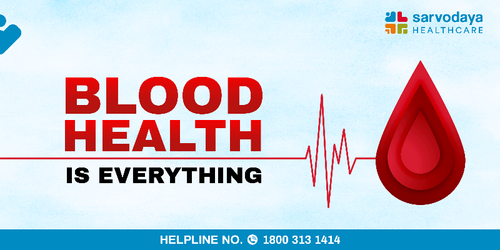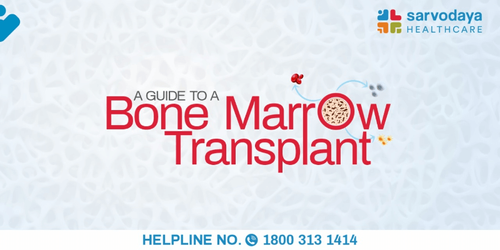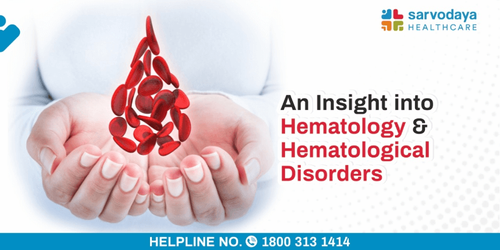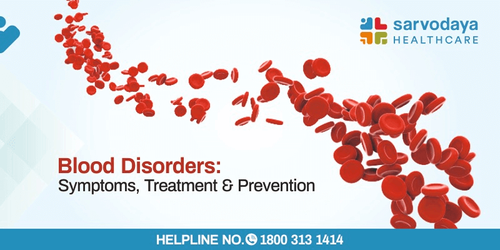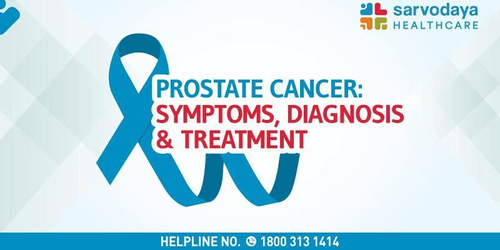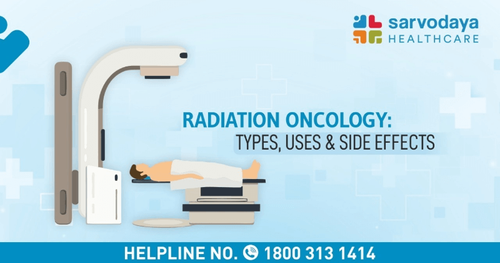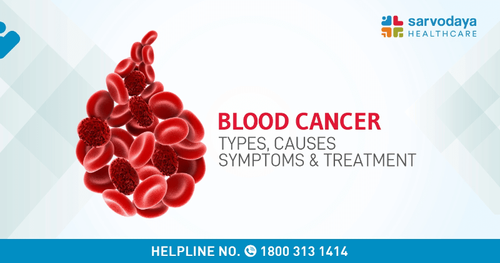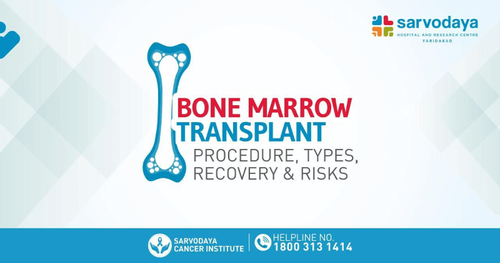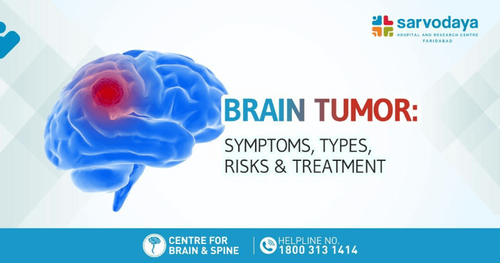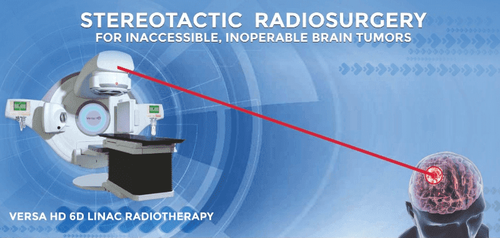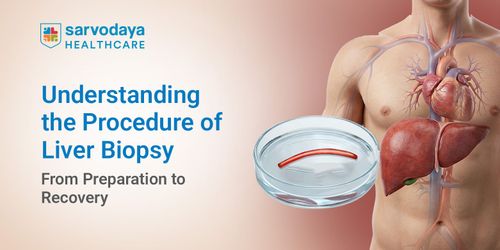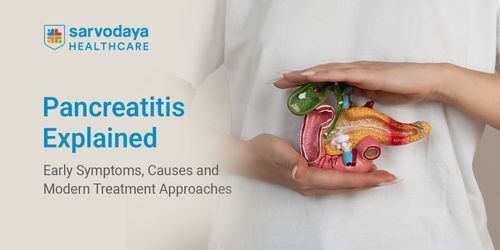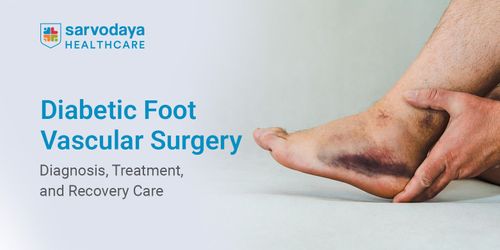Cancer remains one of the leading health challenges of the modern world. However, over the past decade, medical science has witnessed incredible breakthroughs changing the way we understand, diagnose, and treat the disease. With new-age diagnostics and personalised treatment approaches, survival rates are improving, and patients are living longer, healthier lives.
In this blog, we discuss how modern cancer treatment options are transforming patient care.
Understanding the Importance of Early Detection
Catching cancer in its early stages significantly improves treatment outcomes and the chances of survival. Early cancer detection not only allows for timely medical intervention but also reduces the need for aggressive treatments, which can have long-term side effects.
Here is how modern technology is enhancing early cancer diagnosis:
- Advanced Imaging Techniques: Tools like PET-CT, MRI and low-dose CT scans can detect tumours at an early stage, well before symptoms appear.
- Biomarker Testing: Blood tests that identify cancer-specific proteins or genes are useful in detecting various types of cancers earlier than ever before.
- Genetic Screening: Individuals with a family history of cancer can now be screened for inherited mutations, helping in proactive monitoring.
- Liquid Biopsies: Circulating cancer DNA can now be detected with a simple blood test, offering a non-invasive alternative to traditional biopsies.
Modern Cancer Treatment Options and How They Work
Today, chemotherapy and surgery are not the only available treatments. Instead, a range of advanced methods now target cancer cells more accurately, hence reducing damage done to healthy tissues and improving overall health outcomes.
Some of these innovative treatments are:
- Personalised Medicine: Treatments can now be tailored based on the genetic makeup of the tumour, helping doctors select more effective and less harmful drugs.
- Targeted Therapy: Designed to interfere with specific molecules involved in tumour growth, targeted drugs attack cancer cells while sparing the normal ones.
- Minimally Invasive Surgery: Laparoscopic surgery and robotic-assisted surgery ensure minimal trauma and rapid healing, hence reducing the risk of complications.
- Robotic Surgery: Provides superior precision and control in complex surgeries, especially for cancers affecting organs like the prostate, lungs, and cervix.
Latest Cancer Therapies Transforming Care
The introduction of the latest cancer therapies has dramatically changed the prognosis for several types of cancers. These therapies are focused on accuracy and reducing side effects, offering patients a higher quality of life during and after treatment.
Here are the most promising therapies used today:
- Hormone Therapy: Effective in treating cancers such as breast and prostate by blocking hormones that fuel tumour growth.
- Gene Therapy: Corrects faulty genes responsible for cancer development, often used in combination with other therapies.
- Stem Cell Transplantation: Replaces damaged bone marrow in patients who undergo high-dose chemotherapy or radiation.
- Photodynamic Therapy: Special drugs activated by light are used to kill cancer cells, suitable for surface-level cancers like skin and oesophageal cancer.
- Nuclear Therapy: Uses targeted radioactive substances (like radioactive iodine or Lutetium-177) to destroy cancer cells from within while sparing surrounding healthy tissue, effective in treating thyroid, neuroendocrine, and prostate cancers.
Immunotherapy and Its Growing Role in Cancer Care
Unlike traditional therapies that attack the tumour directly, immunotherapy boosts the body’s immune system to recognise and destroy cancer cells.
There are multiple types of immunotherapy currently in use:
- Checkpoint Inhibitors: These drugs remove the “brakes” from immune cells, allowing them to attack cancer more aggressively.
- CAR T-Cell Therapy: A highly personalised treatment where a patient’s T-cells are modified in a laboratory to better target cancer cells and then infused back into the body.
- Cancer Vaccines: These are designed to trigger an immune response against specific cancer markers.
- Monoclonal Antibodies: Laboratory-produced molecules bind to cancer-specific targets to slow or stop tumour growth.
Managing the Side Effects of Radiation Therapy
Radiation therapy is one of the foundations of cancer treatment, yet it is not without challenges. Although it kills cancer cells effectively, it can also damage the surrounding healthy tissues, causing unwanted effects. Fortunately, modern techniques are making it safer and more precise.
Here are some common radiation therapy side effects, along with how they are being managed:
- Fatigue: One of the most frequently reported symptoms, often managed through rest, nutrition and physical activity.
- Skin Changes: Redness, dryness, or peeling in the treated area can be reduced with topical ointments and skincare routines.
- Nausea and Appetite Loss: Gastrointestinal symptoms can be alleviated by dietary counselling and medication.
- Mouth Sores or Dryness: Especially common in head and neck cancers; managed with mouthwashes, hydration and oral care.
- Changes in Bowel or Bladder Habits: Temporary discomforts that can be addressed with medications and dietary changes.
How CAR T-Cell Therapy is Revolutionising Cancer Treatment
One of the most promising advancements in cancer treatment is CAR T-cell therapy, and it is redefining how some cancers are managed. A customised type of advanced cancer treatment, it uses the patient’s immune system to fight the disease with remarkable precision.
The process of CAR T-cell therapy includes:
- T-Cell Collection: The white blood cells of the patient are collected through a special process.
- Genetic Modification: These T-cells are then genetically engineered in a lab to produce chimeric antigen receptors (CARs), which recognise and bind to cancer cells.
- Cell Expansion and Infusion: The modified cells are multiplied and reintroduced into the patient’s body to seek out and destroy cancer cells.
India is quickly adopting this breakthrough therapy, and the leading cancer hospital in Delhi NCR provide this treatment as a part of their advanced oncology programmes.
Read More- How CAR-T Cell Therapy Is Changing the Way We Treat Cancer
How Nuclear Therapy Targets Cancer from Within
Nuclear therapy is one of the most precise cancer treatments available today, offering a powerful way to destroy cancer cells while sparing most healthy tissue. Unlike external radiation, this therapy works internally, using radioactive substances that travel directly to cancer cells through the bloodstream. It’s a game-changing approach for hard-to-treat cancers like thyroid, neuroendocrine, and advanced prostate cancer.
Here is the process of nuclear therapy:
- Radioactive Tracer Selection: A specific radioactive substance, such as Lutetium-177 or Iodine-131, is chosen based on the type and location of the cancer.
- Targeted Delivery: The radioactive compound is either injected or swallowed and travels through the body, binding only to cancer cells using unique biological markers.
- Internal Radiation Attack: Once attached, the tracer emits radiation that destroys the cancer cells from the inside, without harming surrounding healthy tissues.
- Monitoring and Repeat Cycles: Doctors monitor the patient’s response using nuclear scans, and therapy may be repeated depending on effectiveness and tolerance.
As more patients seek options that minimise side effects and maximise precision, nuclear therapy is fast becoming a vital tool in the fight against cancer.
Conclusion
The fight against cancer has evolved, and with the advent of modern cancer treatment, patients have more choices, better outcomes and renewed hope. From early cancer detection to sophisticated tools like immunotherapy of cancer and CAR T-cell therapy, the future of cancer treatment is changing for the better.
For those seeking expert care, Sarvodaya Hospital, Faridabad, stands out as a beacon of advanced, patient-centred cancer care. As one of the most reputable cancer hospitals in Delhi NCR, it is equipped with cutting-edge technologies and a multidisciplinary team of specialists to deliver world-class treatments tailored to individual needs. Whether it is diagnosis, surgery, or access to the latest cancer therapies, patients receive compassionate care under one roof.
As cancer treatments continue to evolve, patients and families need to stay informed. Book an appointment to get a personalised treatment plan in consultation with one of the best medical teams in the country for a brighter future ahead.If you’re looking for the best cancer hosptial in delhi ncr, Sarvodaya Hospital offers world-class care with some of the most experienced best Oncologist in Delhi NCR, Faridabad, and Greater Noida.





